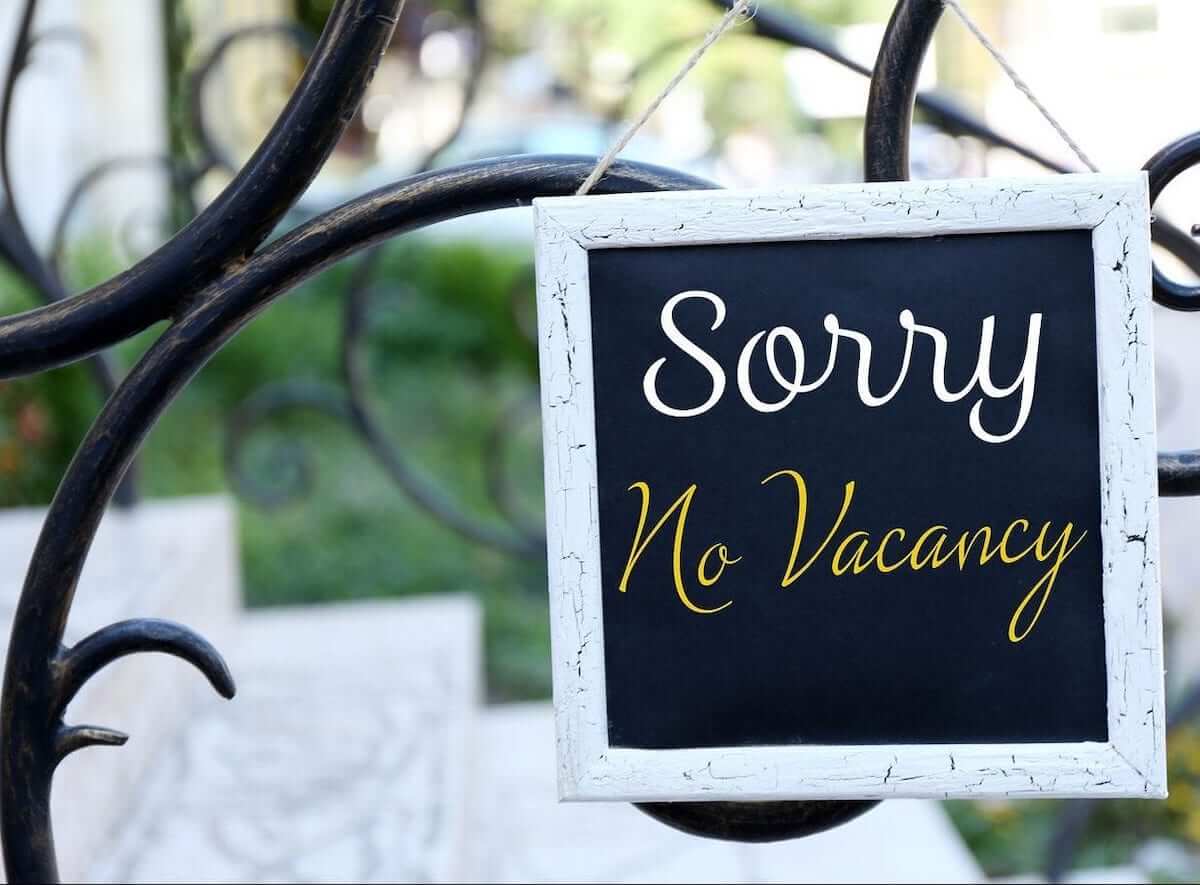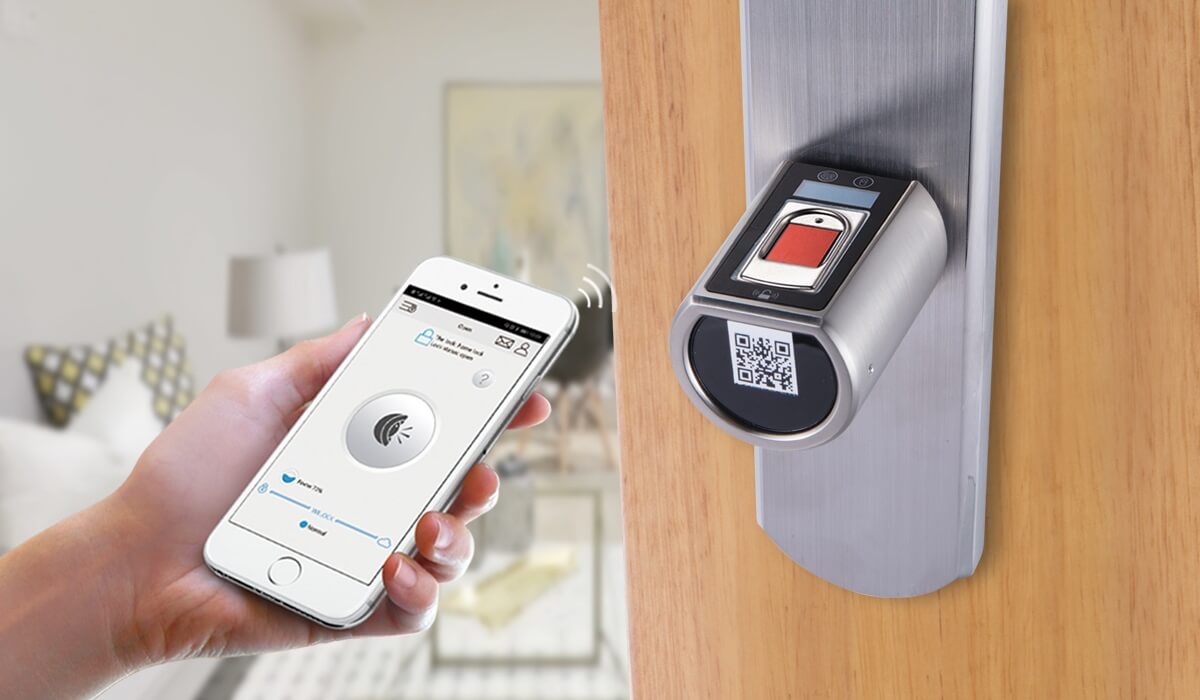In Pittsburgh, specific rules and regulations govern Airbnb businesses to maintain a safe and compliant short-term rental environment. Key aspects of these regulations include:
1. Zoning Requirements: Properties must be located in a designated zone that permits short-term rentals. Hosts must verify the zoning rules for their property before listing on Airbnb or other platforms.
2. Permitting: Hosts are required to obtain a Certificate of Occupancy (CO) for their rental property, which demonstrates that the property meets the city’s building and safety codes. Additionally, hosts may need to acquire a Rental Registration and/or a Home Occupation Permit, depending on the property’s location and specific use.
3. Taxation: Hosts are responsible for collecting and remitting the appropriate taxes, including a 7% Allegheny County Hotel Tax on short-term rentals and Pennsylvania state sales tax of 6%.
4. Health and Safety Standards: Properties must adhere to local health and safety standards, including providing smoke detectors, carbon monoxide detectors, and fire extinguishers. Hosts should also ensure that exits are clearly marked and unobstructed in case of emergencies.
5. Insurance: Hosts must obtain adequate insurance coverage for their short-term rental business to protect against potential liability and damages.
MasterHost’s expertise in the Pittsburgh market allows us to assist property owners in understanding and complying with these regulations, ensuring a smooth and hassle-free hosting experience. Trust in MasterHost to help you navigate the complex regulatory landscape and operate your Airbnb business with confidence.























